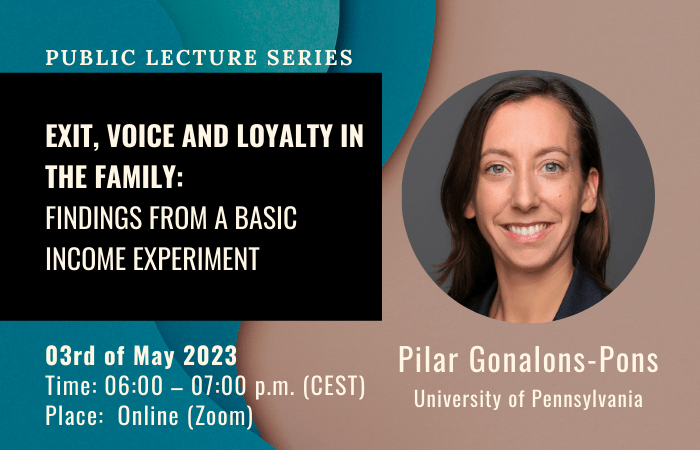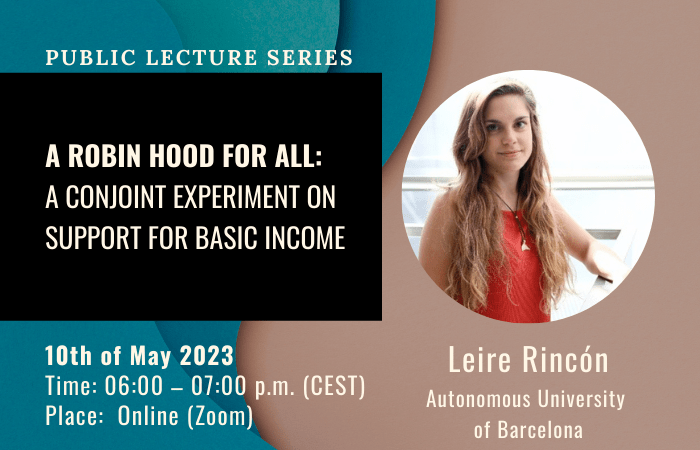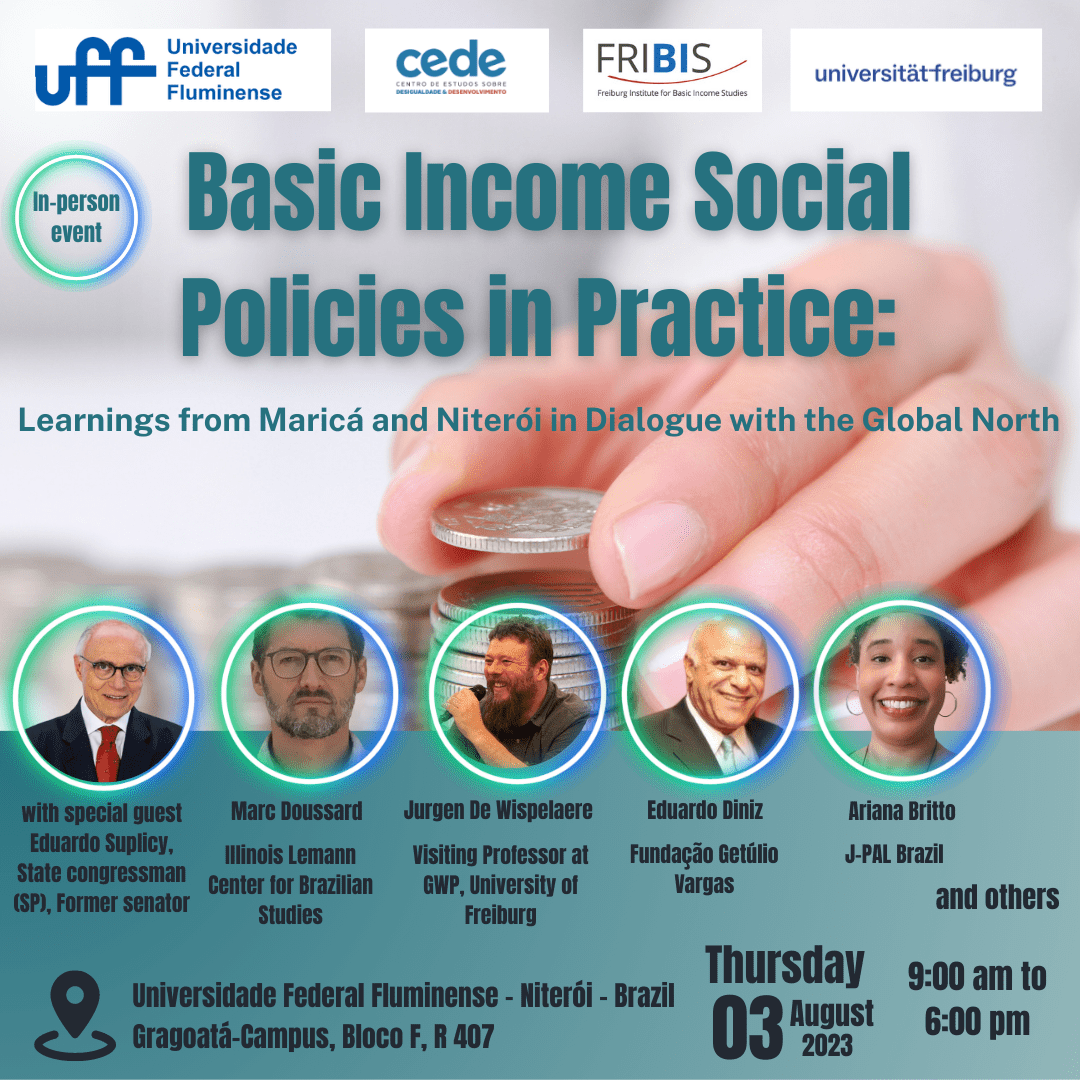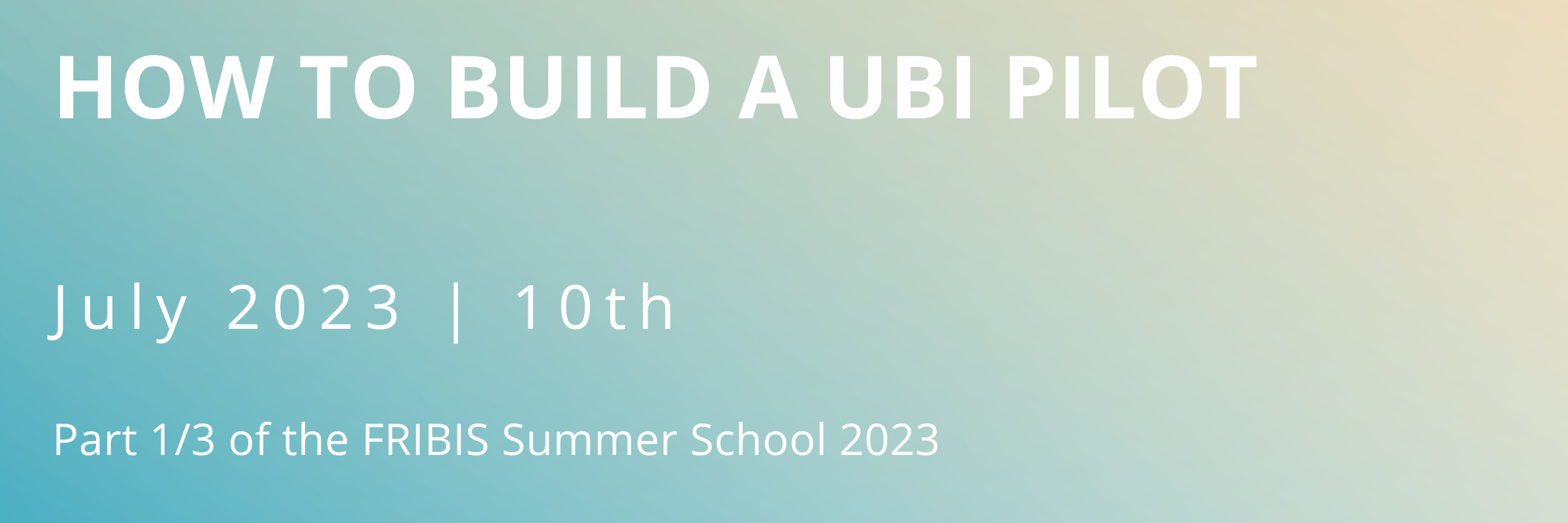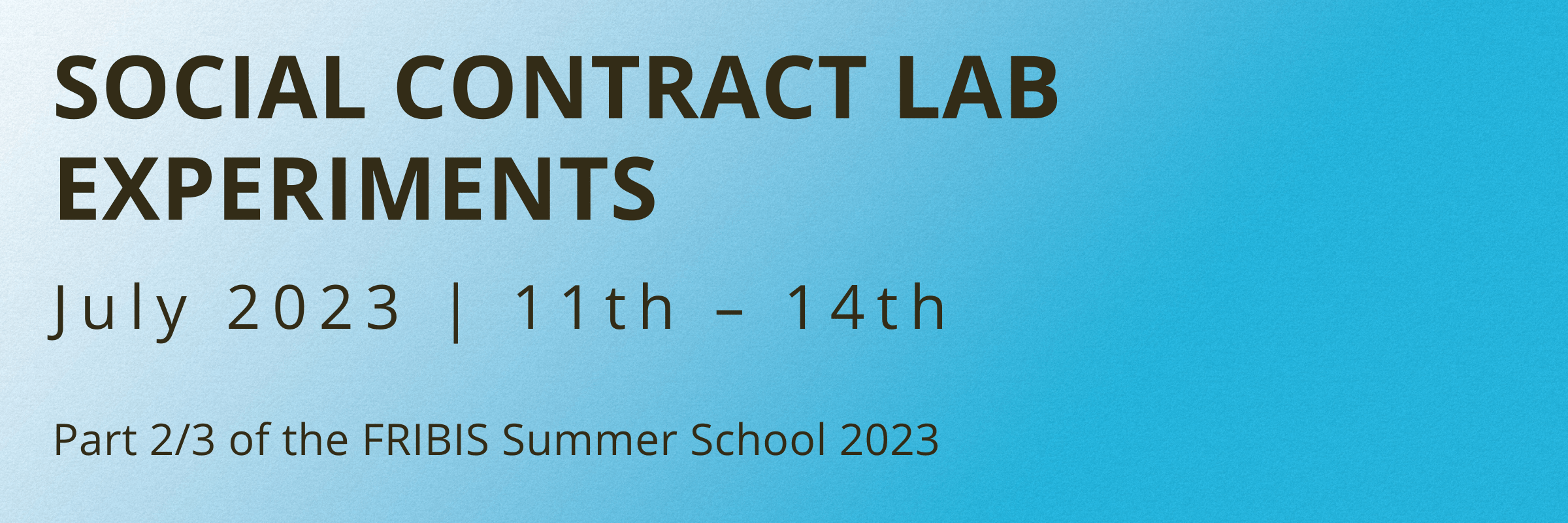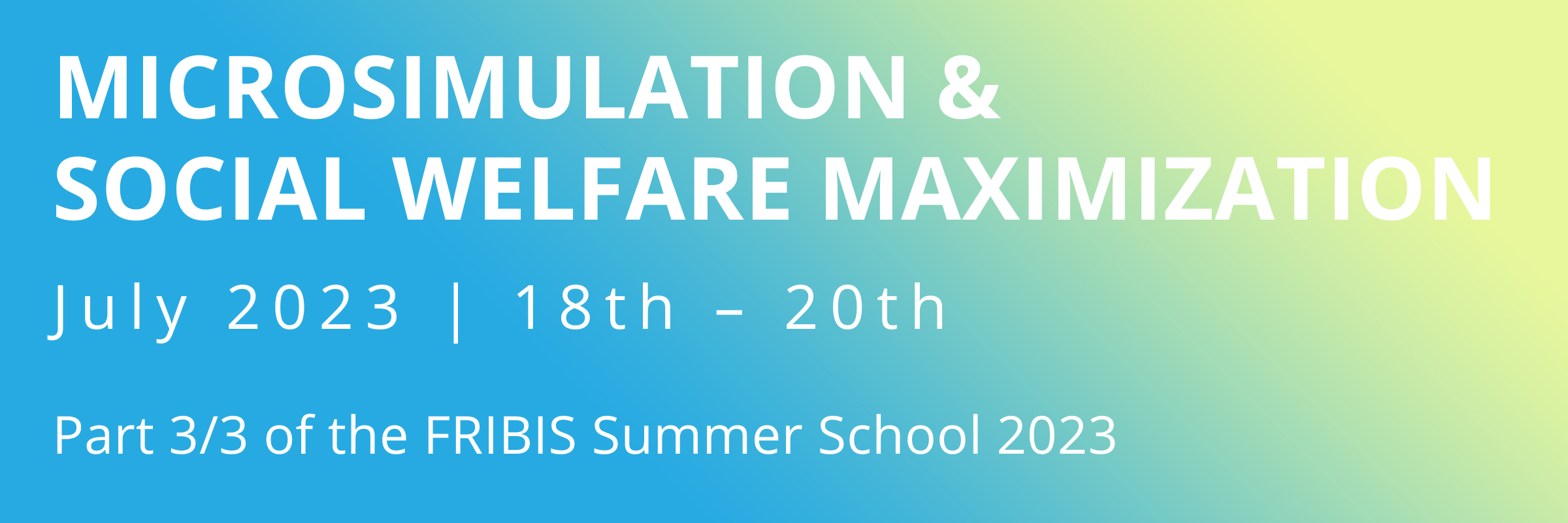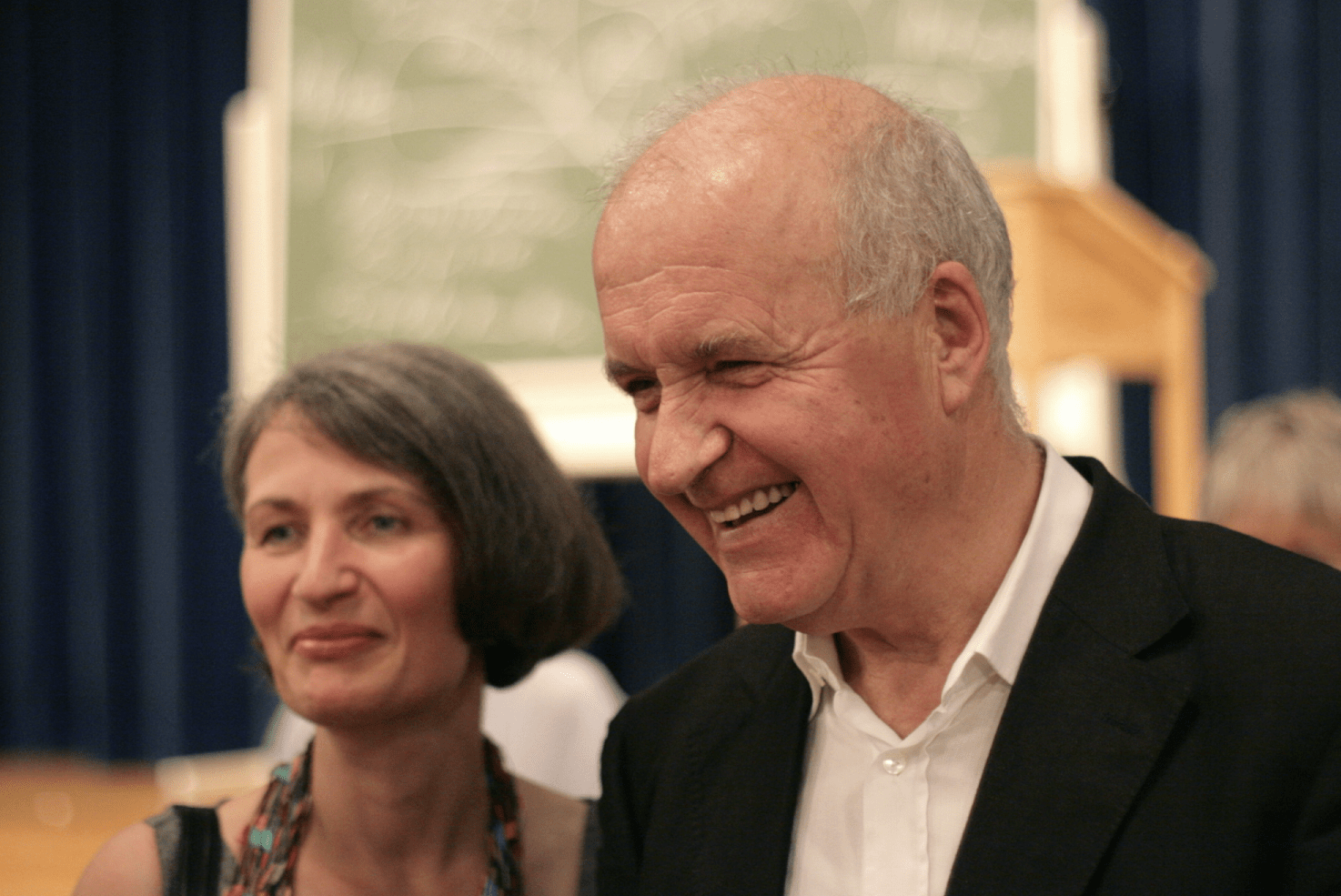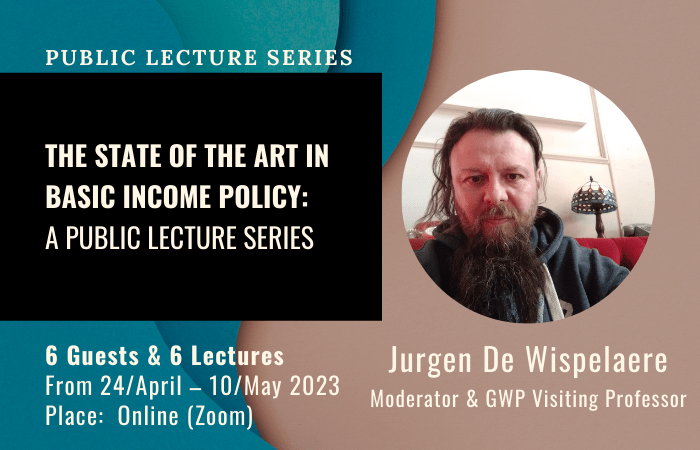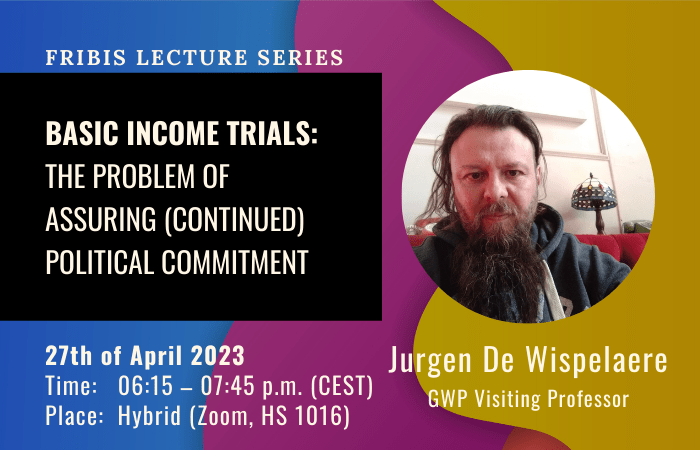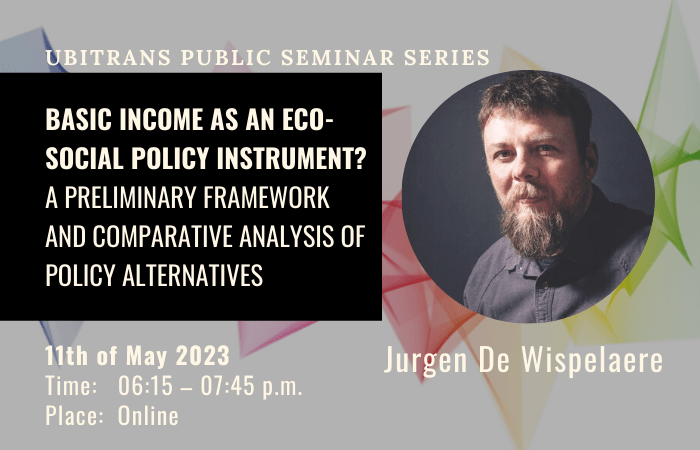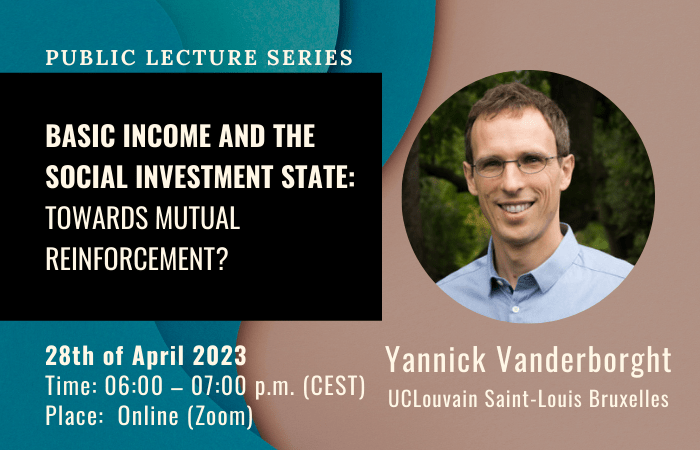Postdoc Lisa Reuter awarded the Erasmus Prize for the Liberal Arts and Sciences 2023
Lisa Reuter, who has been working as a Postdoc at FRIBIS since October 2022, has received the Erasmus Prize for the Liberal Arts and Sciences (€3,500) for her dissertation in psychology. The prize is awarded annually in two categories by the University College Freiburg. Her cumulative PhD thesis at the Institute of Psychology and the Cluster of Excellence, Living, Adaptive and Energy-autonomous Materials Systems (livMatS). It is entitled Bridging over the Troubled Waters of Quantitative and Qualitative Methods: Exploring Cognitive-Affective Maps in Empirical Research
In the field of basic income, Lisa Reuter is particularly interested in questions of social redistribution, socio-political narratives, conceptualizations of society and humankind, socio-ecological transformation, the commons and interdisciplinary research approaches.
Lisa Reuter’s PhD thesis: Limits and possibility of the method of Cognitive Affective Maps (CAMs).
“In her cumulative doctoral thesis at the Institute of Psychology and the University of Freiburg Cluster of Excellence “Living, Adaptive and Energy-autonomous Materials Systems” (livMatS), Dr. Lisa Reuter investigated the possibilities and limits of “Cognitive Affective Maps” (CAMs), a method developed by Paul Thagard. CAMs are maps that depict the content of a person’s or group’s belief system in the shape of visual networks, allowing them to be assessed as positive, negative, neutral, or ambivalent. This methodological approach is used in mixed methods research. Reuter applied CAMs to three different case studies and analysed the results. In her work, she used software that allows an individual to easily visualise experiences and impressions on a given topic – thereby making use of larger and standardised CAM data sets possible.
With the aid of CAMs, Reuter examined whether the cognitive-affective perceptions of the corona pandemic were altered by taking regular walks. A cross-sectional study that included participants from Germany and Canada was dedicated additionally to the perceived threat of the coronavirus. In a third study, Reuter investigated how the reproduction of natural phenomena is perceived during the development of new technologies. She also combined psychological and philosophical approaches in this work. Reuter cooperated with partners in political science and philosophy in her studies. She has arrived at the result that computer-aided applications of CAMs create bridges between qualitative and quantitative methods, adding that precisely during interdisciplinary work they unify of the advantages of both approaches.”
Source: Office of University and Science Communications, Freiburg University


